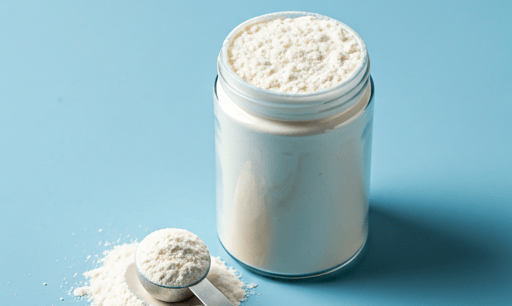Nestle tackling Vitamin K2 deficiency with prebiotics
NUTRACEUTICALS


Vitamin K2 plays a critical role in numerous biological functions, from bone mineralization and vascular health to brain development and joint strength. However, declining dietary intake and secondary deficiencies caused by malabsorption, liver disease, or prolonged use of antibiotics have led to widespread deficiencies with serious health implications.
Addressing this challenge, Nestlé has filed a patent application on prebiotic-based intervention to promote the production of vitamin K2 directly in the gut. The approach leverages prebiotics, such as bovine milk oligosaccharides (BMOs), human milk oligosaccharides (HMOs), and cello-oligosaccharides (COS), to stimulate the gut microbiome for enhanced vitamin K2 synthesis. These prebiotics either promote de novo production of menaquinone-7 (MK-7) or facilitate the conversion of dietary vitamin K1 into vitamin K2 (menaquinone-4) in the gastrointestinal tract.
The prebiotic agents can be administered alone or in combination with other elements, such as probiotics (e.g., Lactobacillus rhamnosus or Bifidobacterium infantis) and vitamin K1, to maximize vitamin K2 production. Formulated as nutritional supplements, medical foods, or clinical nutrition products, this innovation targets at-risk groups, including individuals with chronic illnesses, children, and older adults.
To evaluate the intestinal production of vitamin K2, a Simulator of the Human Microbial Ecosystem (SHIME®) was used. They results were:
HMO Combinations with Probiotics:
An HMO mix increased MK-7 production by 65%.
When combined with Bifidobacterium infantis, MK-7 production rose by 163%.
BMO and HMO Mixtures:
A blend of BMOs and HMOs increased MK-7 production by 29% compared to controls.
COS with β-Glucan and Probiotics:
COS increased MK-7 production by 178%.
Adding β-glucan and Bifidobacterium lactis boosted MK-7 synthesis by an additional 22%.
In all combinations, the inclusion of Lactobacillus rhamnosus enhanced vitamin K2 production by up to 40%, underscoring the synergistic potential of prebiotics and probiotics.
Nestlé’s prebiotic solution has far-reaching implications for both preventive and therapeutic care. By addressing vitamin K2 deficiency at its root, this innovation could improve nutritional interventions for bone health, cardiovascular support, and overall wellness.
